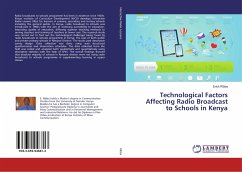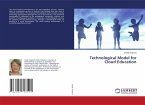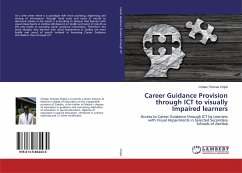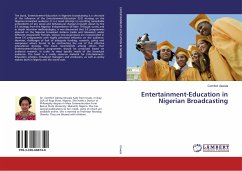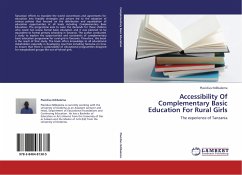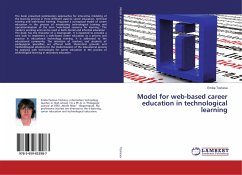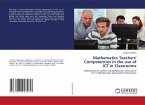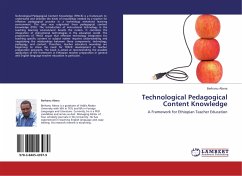Radio broadcasts to schools programme has been in existence since 1920's. Kenya Institute of Curriculum Development (KICD) develops Interactive Radio Lessons (IRLs) for learners in primary, secondary and tertiary schools including the general public. In Kenya, radio broadcast to schools was introduced in 1960's with the aim of widening accessibility to education, improving quality of education, diffusing superior teaching methods to serving teachers and training of teachers at lower cost. The research study was carried out to find out the technological challenges being faced by radio broadcasts to schools programme in Kenya, the case of both public and private primary schools in Rangwe Division. The study used descriptive survey design. Data collection was done using semi structured questionnaires and observation schedules. The data collected from the field was coded and analyzed both qualitatively and quantitatively using descriptive statistics with the help of SPSS. The overallfindings showed that absolute majority of schools in Rangwe division were not using radio broadcasts to schools programme in supplementing learning in upper classes.
Bitte wählen Sie Ihr Anliegen aus.
Rechnungen
Retourenschein anfordern
Bestellstatus
Storno

